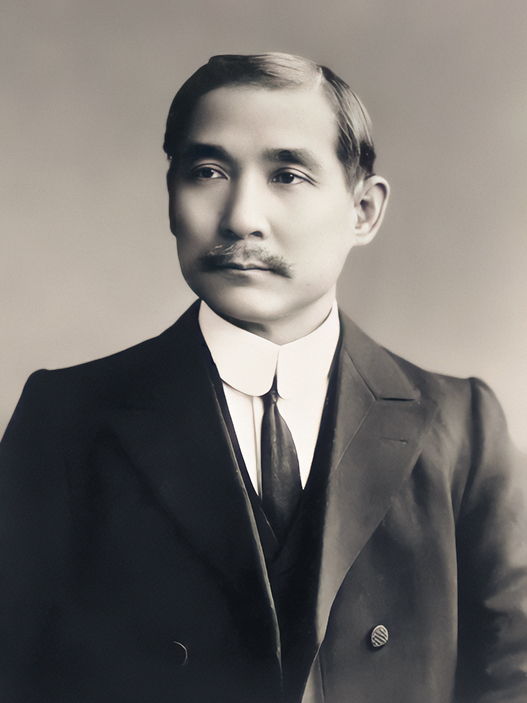Chang Tsung-hsiang ( 1 877- ?) studied law in Japan and served the early republican government in such positions as minister of justice. Tuan Ch'i-jui appointed him minister to Japan in 1916, and he helped to negotiate the Nishihara loans in 1917-18. When opposition to the secret agreements with Japan gave rise to the May […]












